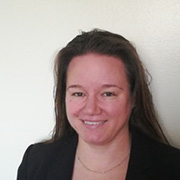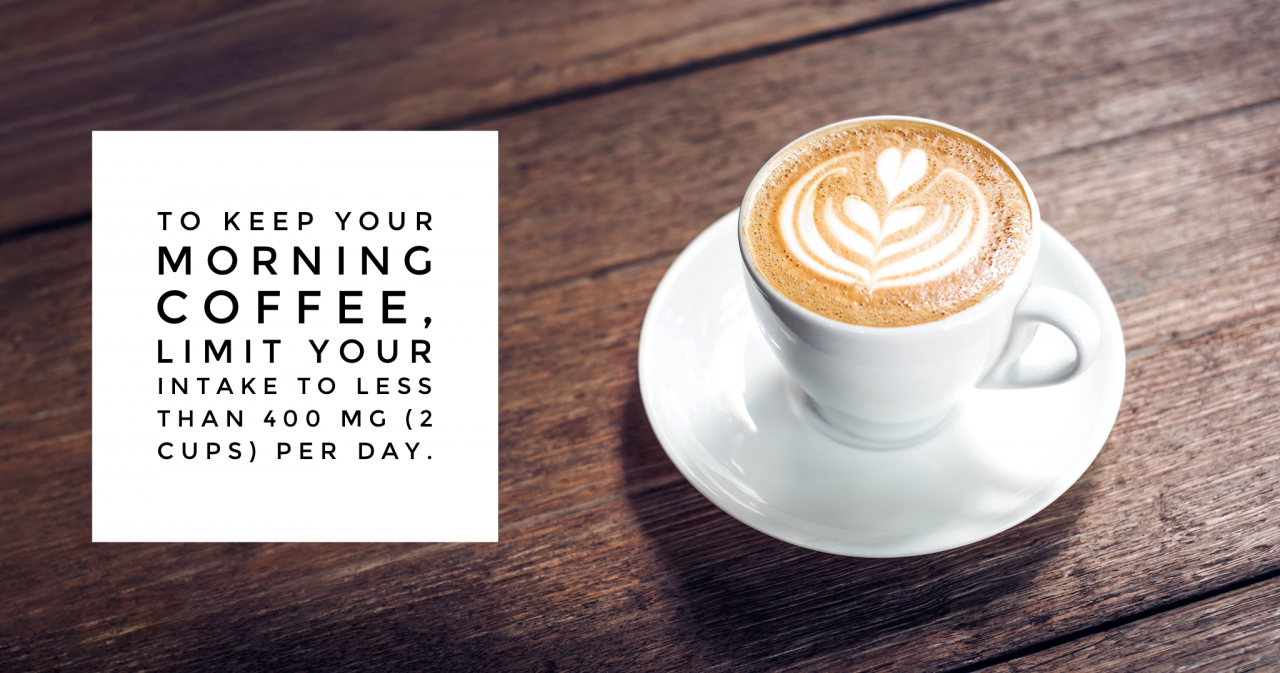
Reviewed By: Barbara Rexer, DSW, LCSW, LCADC, CCS, ICCS, DRCC
Have questions about addiction?
Call us at 855-430-9426 to speak with a recovery specialist.
- Caffeine might be how you wake up in the morning, but it could be causing anxiety
- Medical professionals recommend sticking to 400 mg or less (2 cups) for most people
- To wake up without caffeine, consider light exercise or a glass of cold water in the morning
Most people know that excessive caffeine can lead to the “jitters.” For some, this might involve feeling a bit on edge, struggling to stay focused, or being struck by nervous energy. But for others, it could be something else. Studies show that coffee could be driving your anxiety.
What Is the Link Between Caffeine and Anxiety?
It’s important to remember that caffeine is a stimulant, and a powerful one at that. When you consume caffeine, you may feel more alert or energized. However, it could also lead to other emotions.
In some cases, caffeine can trigger a person’s “fight or flight” response. It may cause you to perceive threats that don’t exist, leaving you worried, irritable, or agitated. It also speeds up a variety of bodily functions, including your heart and breathing rates. It can even cause a temporary spike in blood pressure.
Additional side effects of caffeine may include:
- Diarrhea
- Dizziness
- Headaches
- Mood changes
- Nausea
- Restlessness
- Sleep issues or insomnia
- Sweating
- Twitching
If you have an anxiety disorder or suffer from panic attacks, the side effects of caffeine can make it harder to deal with stress. Sometimes, for example, a person’s mind can’t separate the side effects of caffeine from feelings of anxiety. As a result, this can bring about additional symptoms in response to the perceived danger.
How to Keep Your Coffee Fix and Avoid Caffeine-Induced Anxiety
If you have anxiety, you can still enjoy coffee by keeping your intake low. Sticking to 400 mg or less per day, the amount deemed safe for adults without underlying conditions by the Food and Drug Administration (FDA), will prevent symptoms in most people. This is the equivalent of about two 8-ounce ups. Some people, however, will need to reduce even further.
If you want to keep your coffee, begin by tracking how much caffeine you usually consume daily. Include all potential sources, including coffee, tea, energy drinks, soda, certain medications, and anywhere else you may be getting additional caffeine.
Then, track any time when you feel anxious. This way, you can try to determine if your caffeine use is excessive or may be aggravating your symptoms. Once you understand how various caffeine levels affect you, you can work to find a consumption amount that works well for you.
Watch your intake of other foods and drinks as well. Limit your alcohol consumption, and make sure you are drinking enough water. If all caffeine boosts your anxiety, you can also consider switching to decaf. That way, you can enjoy the flavor and morning ritual of coffee without the side effects.

How to Wake Up Without Caffeine
Many people consume caffeine in the morning to get going. But, if caffeine-induced anxiety comes along with it, you might want to try something different. Instead of reaching for coffee, drink a glass of cool water. Rehydrating yourself after a long night can boost your energy levels without impacting your anxiety.
Eating an energizing breakfast or squeezing in some light morning exercise can also help. For some, even a little stretching is enough to make them feel more awake. You can also try enjoying some upbeat music.
Have questions about addiction?
Call us at 855-430-9426 to speak with a recovery specialist.
When to See a Doctor for Anxiety
For many, it’s hard to tell if anxiety is an occasional nuisance or a condition that requires treatment. However, it’s important to recognize signs that you should see a doctor.
If your anxiety interferes with any aspect of your daily life, causes you distress, or is hard to control, it’s time to speak with a medical professional. Similarly, if you start to rely on alcohol or drugs to relieve your anxiety symptoms, it’s time to seek help. An addiction treatment center that specializes in co-occurring disorders will be able to help you develop healthy coping mechanisms for both substance abuse and underlying anxiety.
To learn about your options for managing addiction and anxiety, click the chat box below to take your first step toward recovery.
Have questions about addiction?Chat with one of our recovery specialists now.

Written By: Sprout Editorial Team
The Sprout Health Group editorial team is passionate about addiction treatment, recovery and mental health issues. Every article is expert-reviewed.